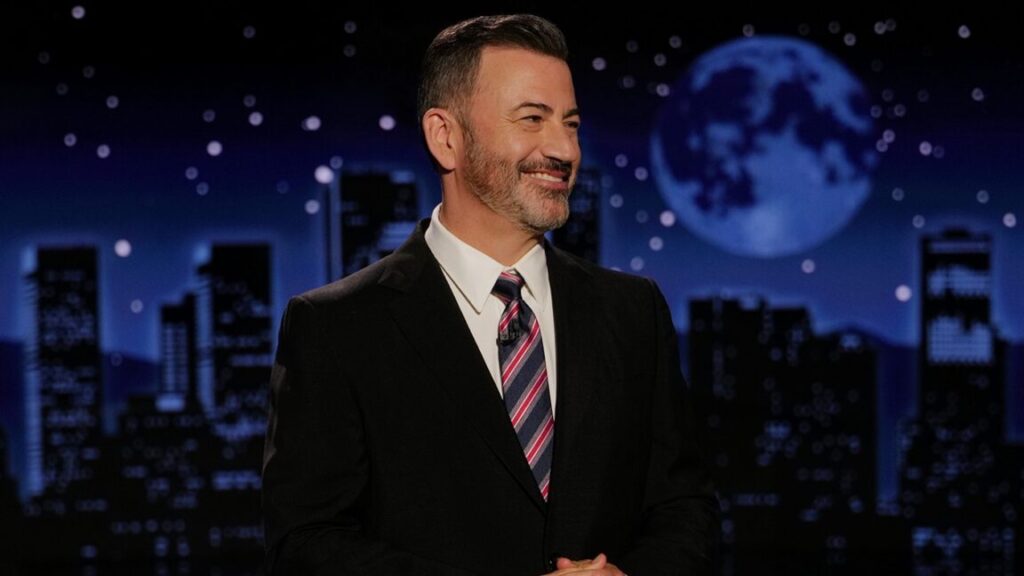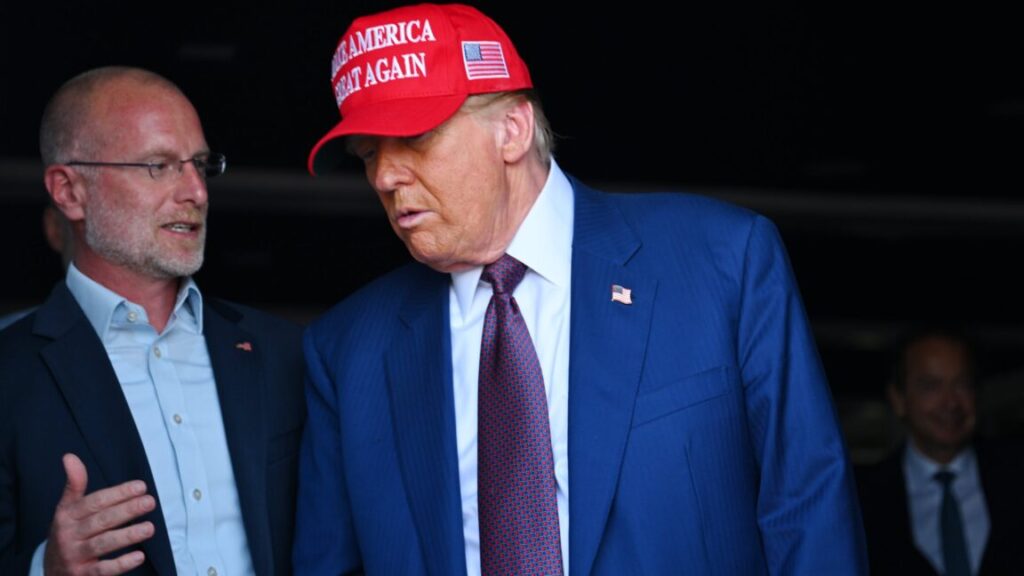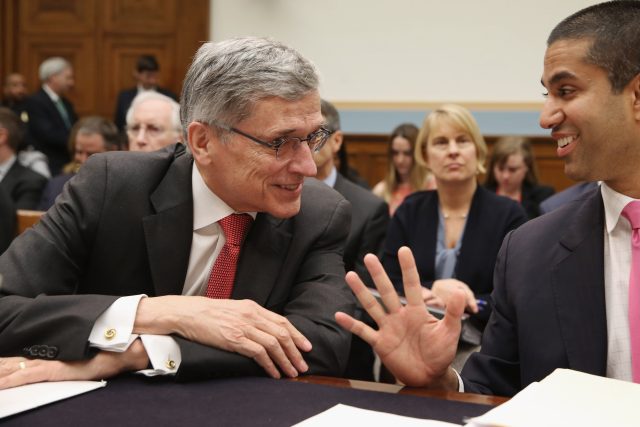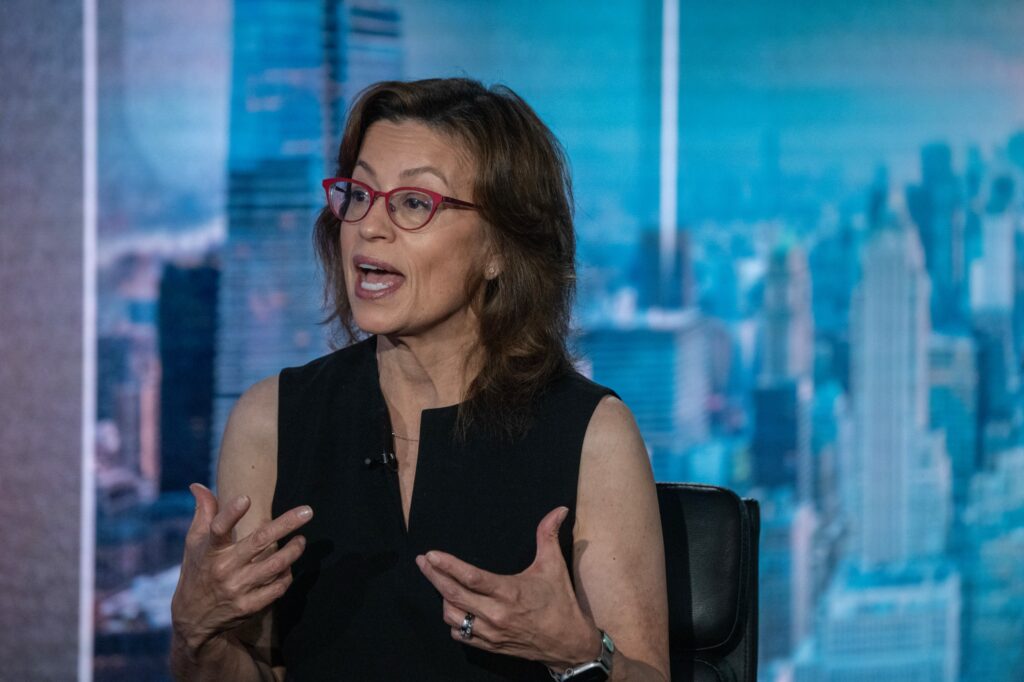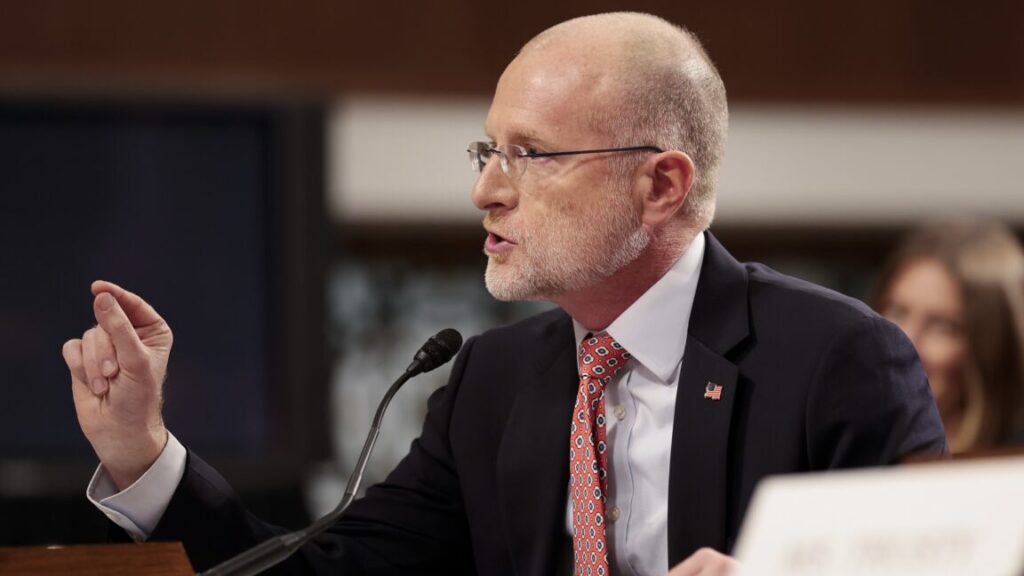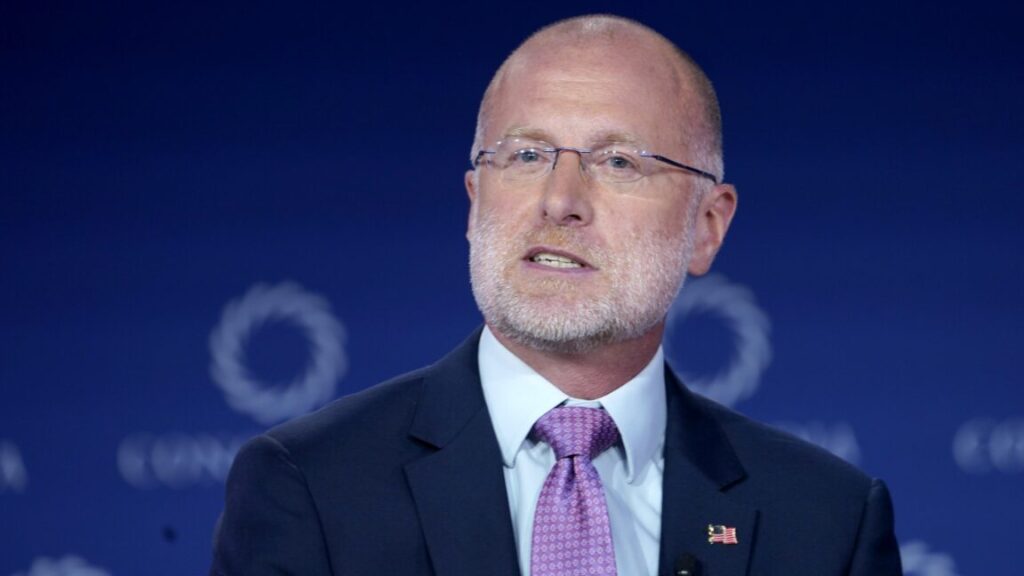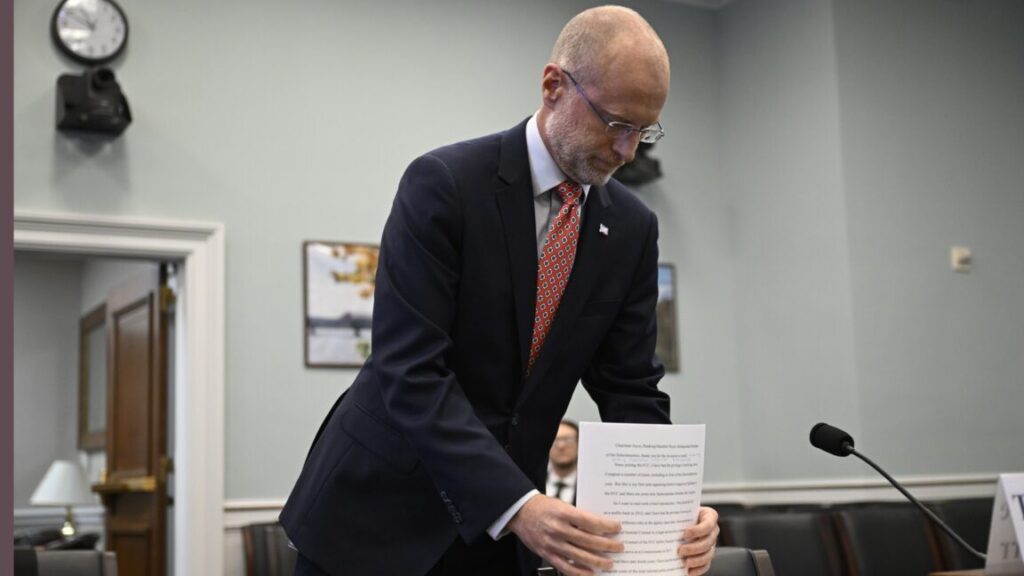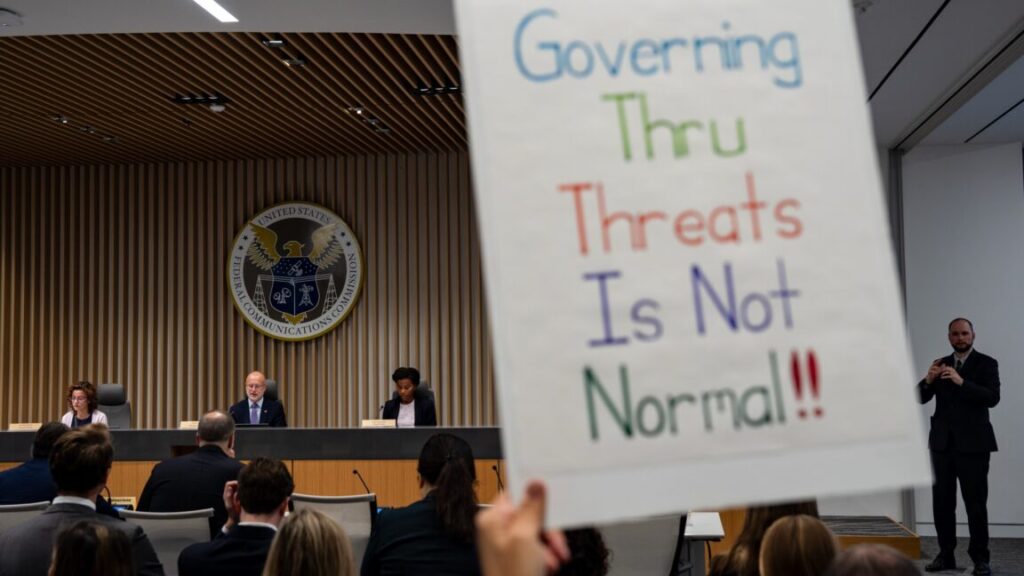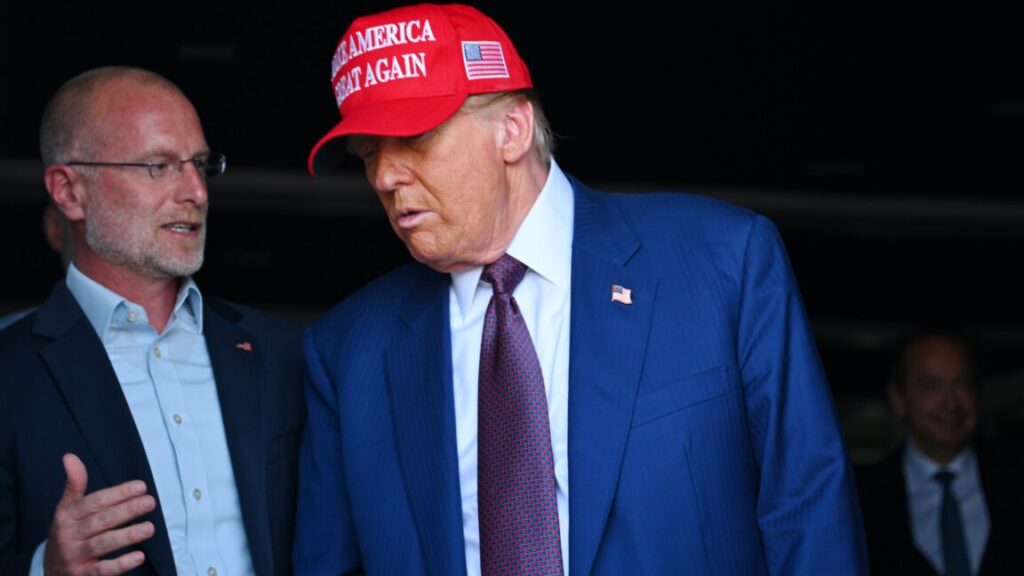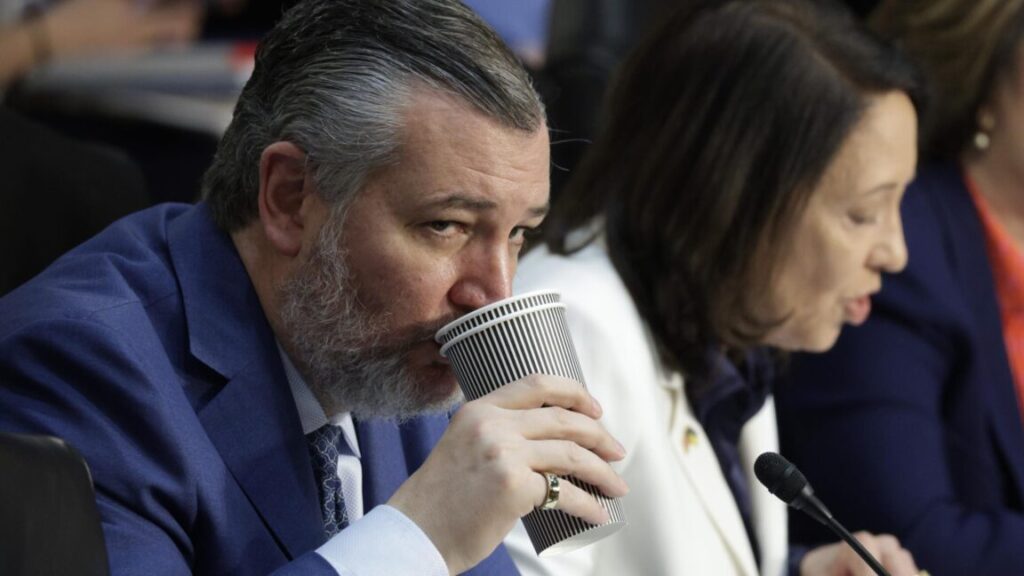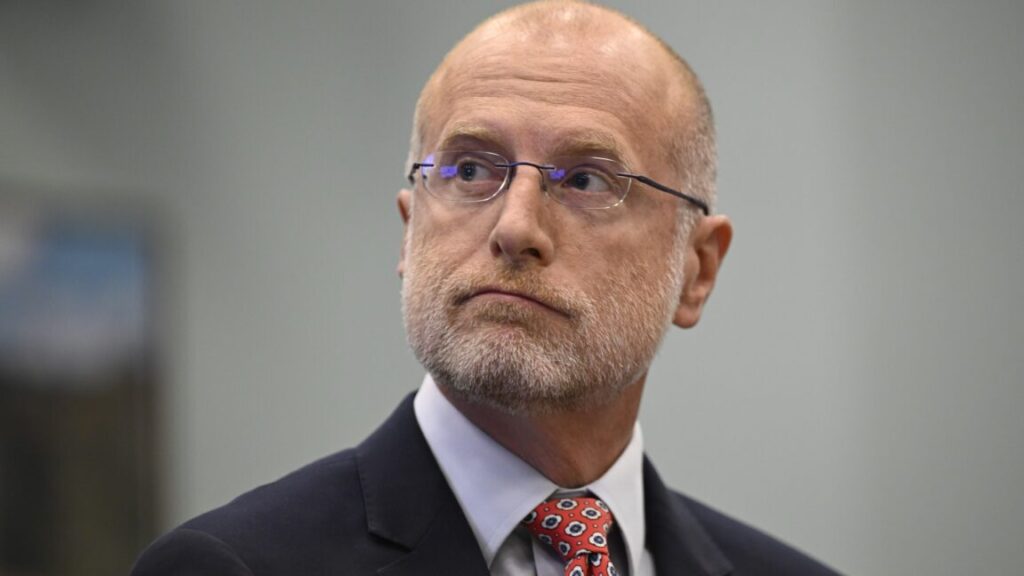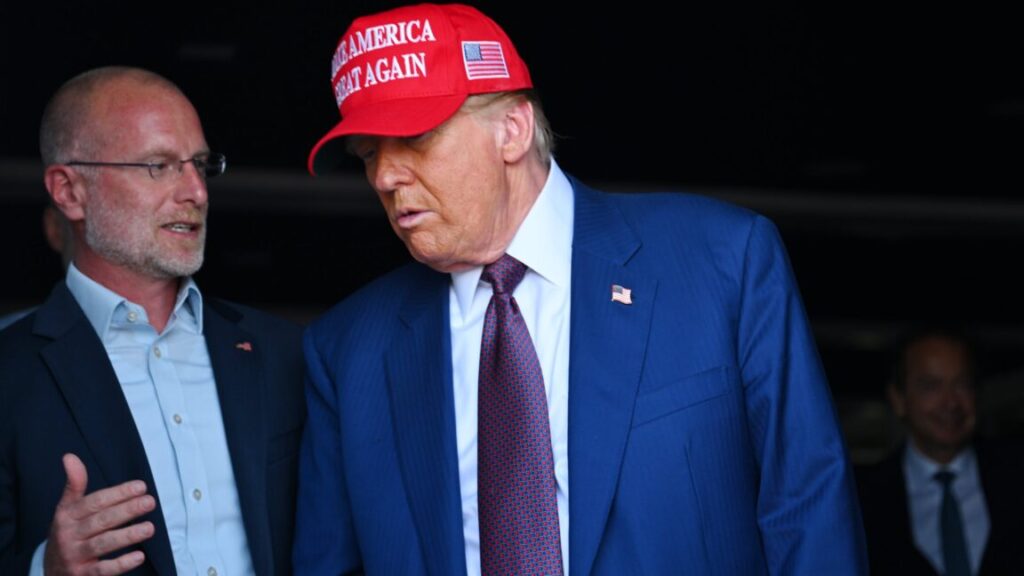Trump FCC threatens to enforce equal-time rule on late-night talk shows
FCC Democrat says the rules haven’t changed
The equal-time rule, formally known as the Equal Opportunities Rule, applies to radio or TV broadcast stations with FCC licenses to use the public airwaves. When a station gives time to one political candidate, it must provide comparable time and placement to an opposing candidate if an opposing candidate makes a request.
The rule has an exemption for candidate appearances on bona fide news programs. As the FCC explained in 2022, “appearances by legally qualified candidates on bona fide newscasts, interview programs, certain types of news documentaries, and during on-the-spot coverage of bona fide news events are exempt from Equal Opportunities.”
Entertainment talk shows have generally been treated as bona fide news programs for this purpose. But Carr said in September that he’s not sure shows like The View should qualify for the exemption, and today’s public notice suggests the FCC may no longer treat these shows as exempt.
Commissioner Anna Gomez, the only Democrat on the FCC, issued a press release criticizing the FCC for “a misleading announcement suggesting that certain late-night and daytime programs may no longer qualify for the long-standing ‘bona fide news interview’ exemption under the commission’s political broadcasting rules.”
“Nothing has fundamentally changed with respect to our political broadcasting rules,” Gomez said. “The FCC has not adopted any new regulation, interpretation, or commission-level policy altering the long-standing news exemption or equal time framework. For decades, the commission has recognized that bona fide news interviews, late-night programs, and daytime news shows are entitled to editorial discretion based on newsworthiness, not political favoritism. That principle has not been repealed, revised, or voted on by the commission. This announcement therefore does not change the law, but it does represent an escalation in this FCC’s ongoing campaign to censor and control speech.”
Trump FCC threatens to enforce equal-time rule on late-night talk shows Read More »
